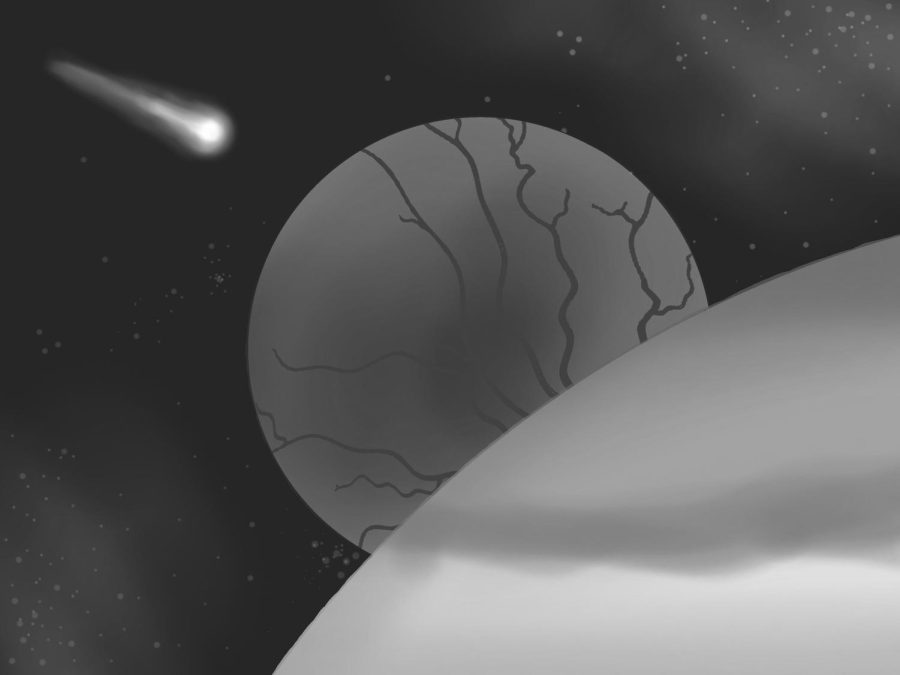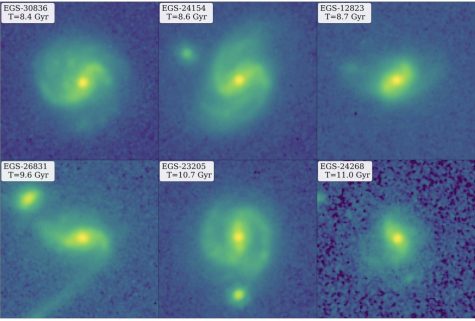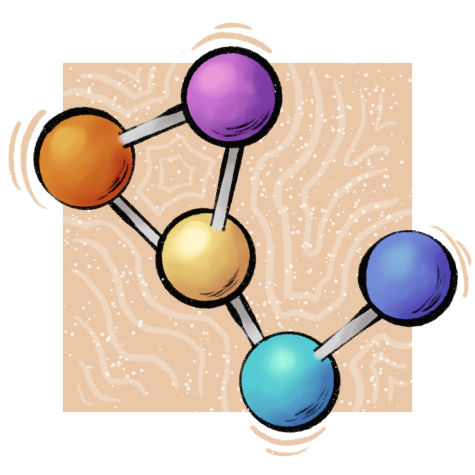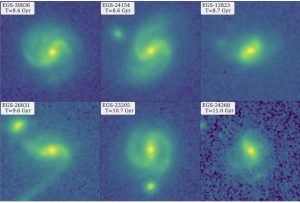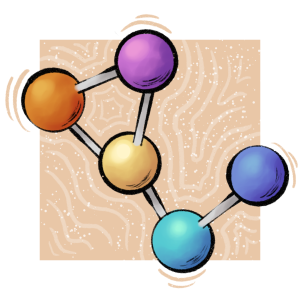Comet strikes on Jupiter’s moon Europa could receive ingredients for life, new study finds
January 19, 2023
Comet strikes on Jupiter’s moon Europa could result in taking the potential for life to a hidden subsurface ocean, UT researchers found in a study published Nov. 28.
According to NASA, Europa is over five times farther from the sun than Earth, but principle research author Evan Carnahan said scientists estimate there is more water on the moons of Jupiter and Saturn than on Earth. Carnahan said the study looked at what it could take to break through what they believe to be an icy shell atop Europa’s ocean to provide a “compatible chemical environment for life.”
“We can see that (Europa) is peppered with impacts from meteors and asteroids that hit this outer shell,” graduate student Carnahan said. “One hypothesis before had been that if you took a really large meteor, it could hit the outer ice shell and punch all the way through that tens of kilometers thick ice shell that would mix whatever ingredients you have for life at the surface into that subsurface ocean and make for a habitable ocean or a potentially habitable ocean.”
Carnahan said scientists believe there to be an ocean on Europa because of photos taken revealing water spilling out of the moon’s surface.
Carnahan said one of the critical ingredients for life, oxidants, effectively provide Europa’s ocean what oxygen made by plants provides for the Earth.
“The thinking is that … You need to form what are called redox reactions in the ocean of Europa,” Carnahan said. “The oxygen from the surface in the form of these oxidants transports into the underlying ocean, where the ocean is what’s called reducing, and that allows for these reactions to occur.”
However, Marc Hesse, another researcher on the study, said large comet impacts do not happen very often due to the stabilization of the solar system, but various small are still capable of creating reactions to slowly allow the ice to melt and still allow the ingredients for life to reach the water.
“It’s (the comet that impacts) the first plausible physical mechanism that’s been proposed to bring some of these oxidants down and hence generate redox gradients that everybody thinks is necessary to sustain life,” said Hesse, a geological sciences associate professor. “This, by itself, won’t create a lot of fish, but it’s the first time that somebody has proposed an actual mechanism.”
Hesse said a space mission going out next year, Europa Clipper, will actually investigate and confirm if Europa has its believed subsurface ocean and if melt pockets proposed in the study exist.
Carnahan said he hopes the study provides an understanding of what would likely make Europa’s ocean a more habitable place.
“This was the first of the three papers that was really encouraging for the idea that the subsurface oceans could be potentially habitable,” Carnahan said. “I was excited by the results that bend in that direction, as opposed to these frozen inhospitable wastelands.”

